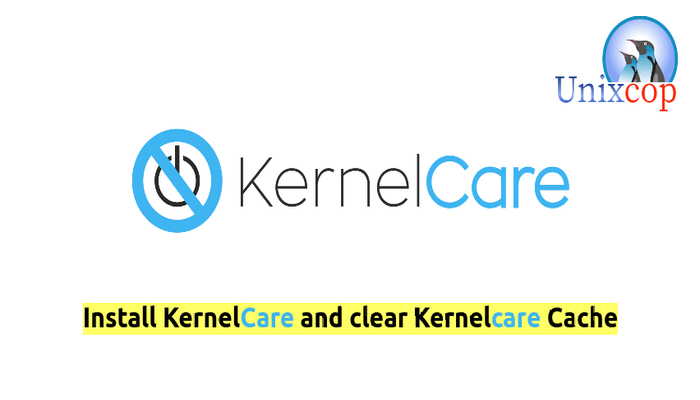Introduction
KernelCare is fabulous kernel update tool by CloudLinux. We started testing this kernel patch in a few servers and the result has been truly amazing, allowing us to avoid server downtime after kernel updates because of each server reboot we had to apply after the kernel was updated. Today we will show you how to run a KernelCare installation.
Installation of KernelCare
KernelCare is compatible with 64-bit versions of CloudLinuxOS/CentOS/RHEL 6,7 and 8, Oracle Linux 6 and 7, Amazon Linux 1 and 2, Virtuozzo/PCS/OpenVZ 2.6.32, Debian 8,9 and 10, Proxmox VE 5 and 6, Virt-SIG/Xen4CentOS 6 and 7, Ubuntu 14.04, 15.04 and 16.04 kernels. The list of compatible kernels can_be found on the following link: https://patches.kernelcare.com/
- To install KernelCare run
curl -s -L https://kernelcare.com/installer | bashIf you are using IP-based license, nothing else required to be done.
- If you are using key-based license, then run:
/usr/bin/kcarectl --register KEYKEY is the registration key code string provided when you sign up for purchase or trial of the product.
For example:
[root@unixcop:~]/usr/bin/kcarectl --register XXXXXXXXXXX
Server Registered- If you are experiencing Key limit reached error after the end of the trial period you should first unregister the server by running:
kcarectl --unregister- To check if patches applied
/usr/bin/kcarectl --info
The software will automatically check for new patches every 4 hours.
- If you would like to run update manually
/usr/bin/kcarectl --update
- To check current kernel compatibility with KernelCare, use the following script by running:
curl -s -L https://kernelcare.com/checker | pythonTo update kernelcare agent package to the latest version use:
- For rpm-based distributives (CentOS, RedHat, etc):
dnf install -y kernelcare- For apt-based distributives (Debian, Ubuntu, etc):
apt-get install kernelcareClear KernelCare cache
- Run following commands:
rm -rf /var/cache/kcare/patches
echo 1 > /proc/sys/vm/compact_memory
echo 3 > /proc/sys/vm/drop_caches
kcarectl –update
Conclusion
In this tutorial, we showed you how to install KernelCare in addition to, clearing Kernelcare Cache.



